Haiti
In Miami's Little Haiti neighbourhood, residents are taking stock of President Trump's latest travel ban, which bars Haitians and people from 11 other countries from entering the United States. The ban takes effect on Monday and Haitians are scrambling to understand what it will mean for them.
Haitian immigrant Marcelin says the ban closes a door on people in desperate need of help.
“Haiti right now has a problem of insecurity. The country is ours; we can't give up on it. However, because gangs control the country, everyone's life is at risk. That's why people who have the opportunity come to the U.S. to be safe.”
A string of natural disasters and humanitarian crises, followed by the assassination of President Jovenel Moïse in 2021, have left the Caribbean island in chaos. Violent gangs rule 80 percent of the capital, Port-au-Prince and the population faces deep economic and food insecurity.
In Haiti, radio stations received a flurry of phone calls on Thursday from those outraged by the ban.
Many of the callers were Haitians living in the US, and they heavily criticized Trump.
Jonathan Didier is a Haitian resident:
"It would be better if President Donald Trump helped the country. These decisions are not good, many people need help. The country can recover, because Haitians are strong, and we have a great history. Trump will only stay for four years, he will not stay forever."
Members of the Haitian transitional Presidential Council have not yet responded to the travel ban.
No commercial airlines are serving Haiti’s main international airport given the ongoing violence, so those seeking to fly out of Haiti are largely traveling out of the north coastal city of Cap-Haitien.
Meanwhile, aid groups have warned that the ban would impact their work.
Bad for business
Back in Miami, Wilkinson Sejour is a 55-years old with 10 Haitian restaurants across south Florida. He has been living in the US for decades and opened his first restaurant in 1992.
Sejour says the impact of the latest travel ban issued by the White House this week will be seen not only in Haiti but also in the local Haitians communities that live in the U.S.
He has no direct family in Haiti, but he said that most of his employees are originally immigrants from Haiti, as well as his clients.
“This travel ban is going to affect everyone, even if you are a businessman and you are doing business,” Sejour told the Associated Press at the back of one of his Chef Creole Restaurant in Little Haiti. “It is a chain reaction…it is a domino effect.”
He said sales are going to be compromised, his employees will be impacted, and then the service the restaurants provide.
Sejour sees the ban to Haitians as political motivated.
"It's targeted, he said, noting that most Haitians in the US are close to the Democratic Party. “If most Haitians were Republicans, maybe that they might have been a different tone on this.”




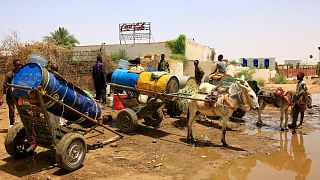
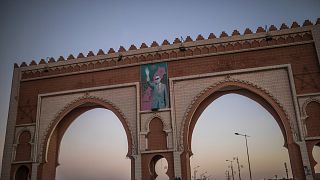
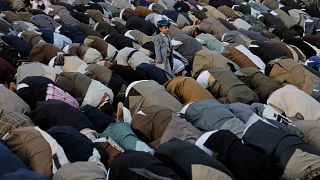
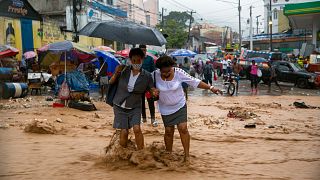

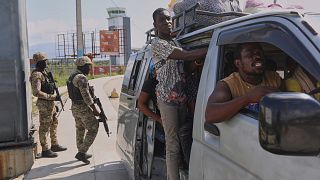
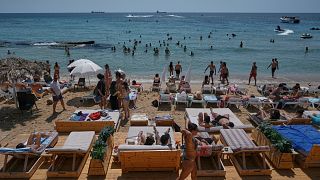
Go to video
Trump’s travel ban: Fallout for 2026 World Cup and 2028 Olympics
Go to video
Chad announces suspension of visas to US citizens in response to Trump travel ban
01:57
Somalis call Trump's travel ban discriminatory
01:12
Speaker Johnson says Musk is 'flat wrong' on his criticism of spending bill
01:06
Congo, Chad, Eritrea, Sudan and Somalia hit by U.S. travel ban
01:02
Second group of white Afrikaner South Africans arrive in United States